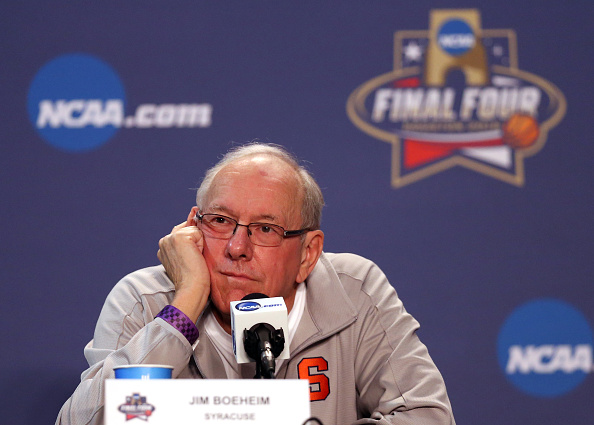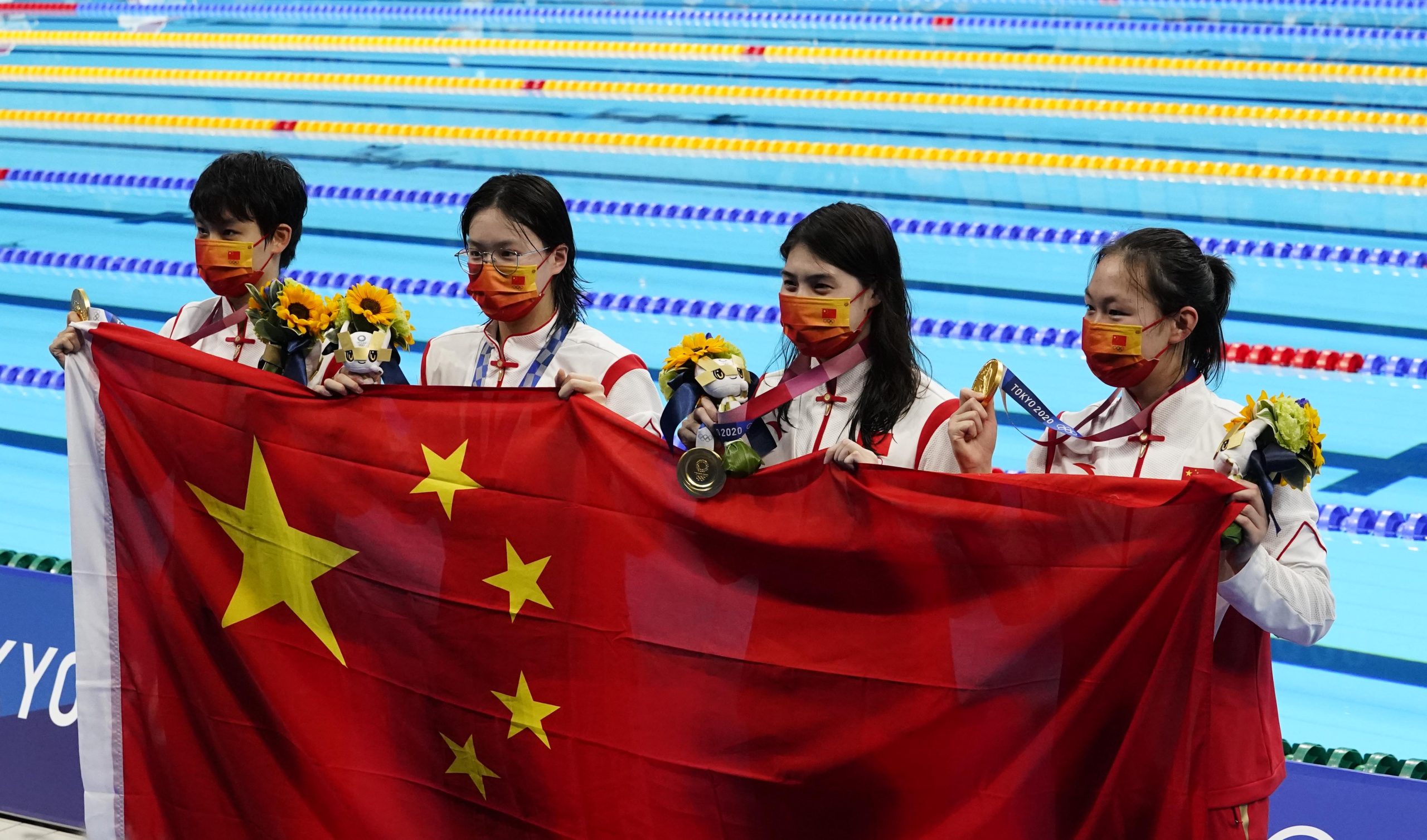The world of Jim Boeheim must be a very interesting one to live in these days. He has gone from one of the most beloved college basketball coaches to a man shrouded in controversy. His actions and those of his staff landed the Syracuse Orange a one-year postseason ban for the 2014-15 season.
As his team gears up for an improbable Final Four appearance as a 10-seed, Boeheim spoke out about the infractions committed by his staff. He also decided there was a distinction between “breaking the rules” and cheating.
No, seriously.
“But when they say ‘cheating,’ that’s not true. Rules being broken is a lot different. Cheating to me is intentionally doing something, like you wanted to get this recruit so you arranged a job for him, or you went to see him when you shouldn’t. You called him when you shouldn’t to gain an edge in recruiting to get a really good player. That’s cheating.”
There’s just one major problem with Boeheim’s assertion — the NCAA clearly believed what he did was actually cheating.
Apparently he forgot that the NCAA found members of Boeheim’s staff did things like complete coursework for kids, fail to properly administer the drug testing program, and make just a little $8,000 payment to two basketball players for “volunteer” work at the local YMCA.
Upon learning of the ruling by the NCAA Committee on Infractions, Syracuse gave itself the one-year postseason ban. Additional sanctions included a nine-game suspension for Boeheim, a scholarship reduction, five years of probation, and returning funds from three NCAA Tournament appearances, and Boeheim vacating 108 victories.
Most would argue that having your director of basketball operations keeping a kid eligible by doing his coursework for him, laying off the drug testing program, and paying players via a booster would certainly constitute cheating.
In Boeheim’s mind though, it can’t be cheating unless it was directly done by and with the knowledge of the head coach. For his part, Boeheim at least admits there needs to be punishment for “rule breaking,” as he puts it.
“I think if something happens that you’re not aware of, it doesn’t really affect the recruit, I don’t look at it the same way,” Boeheim said. “It’s a violation. I think when rules are violated, there should be a punishment.”







